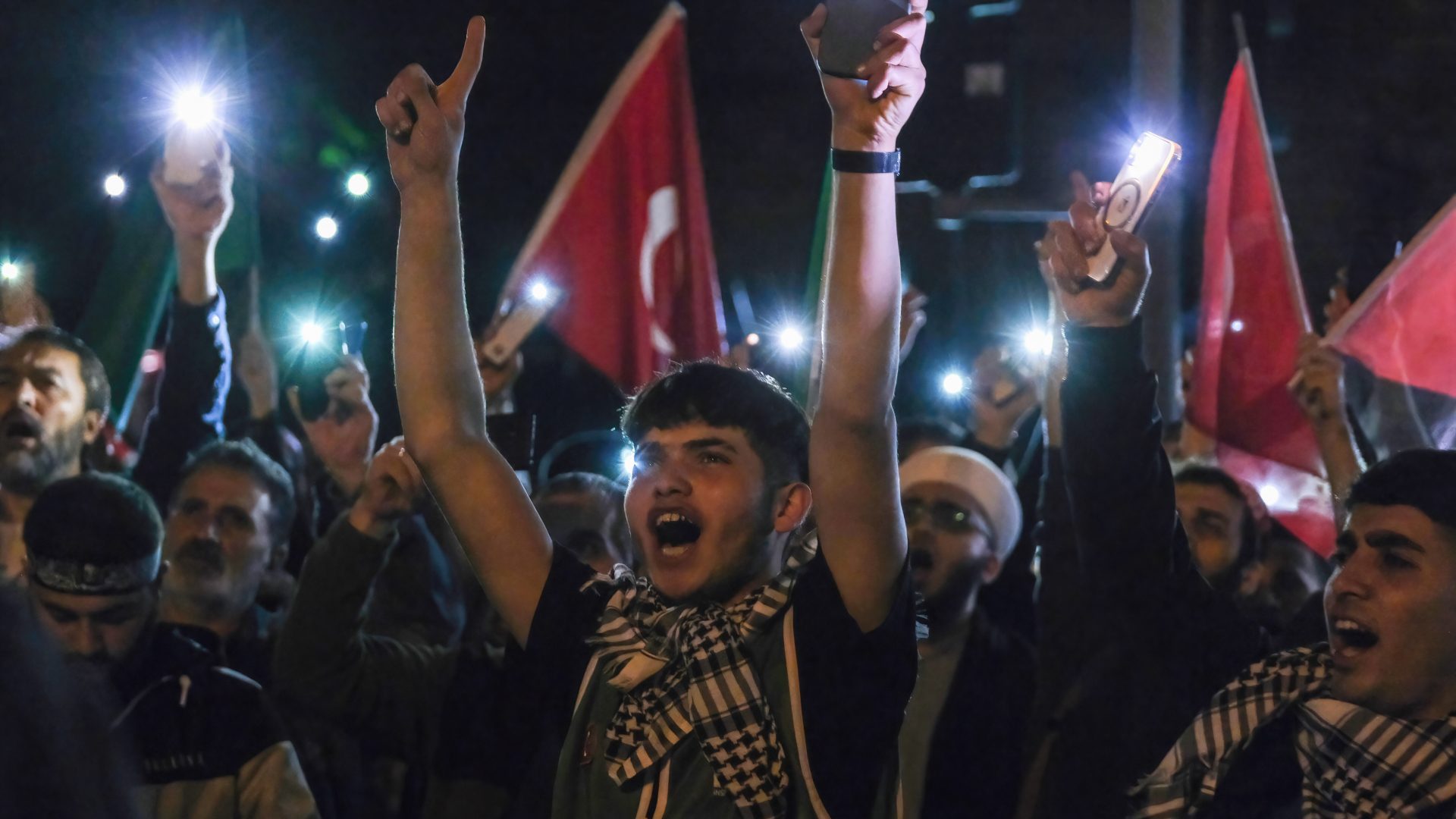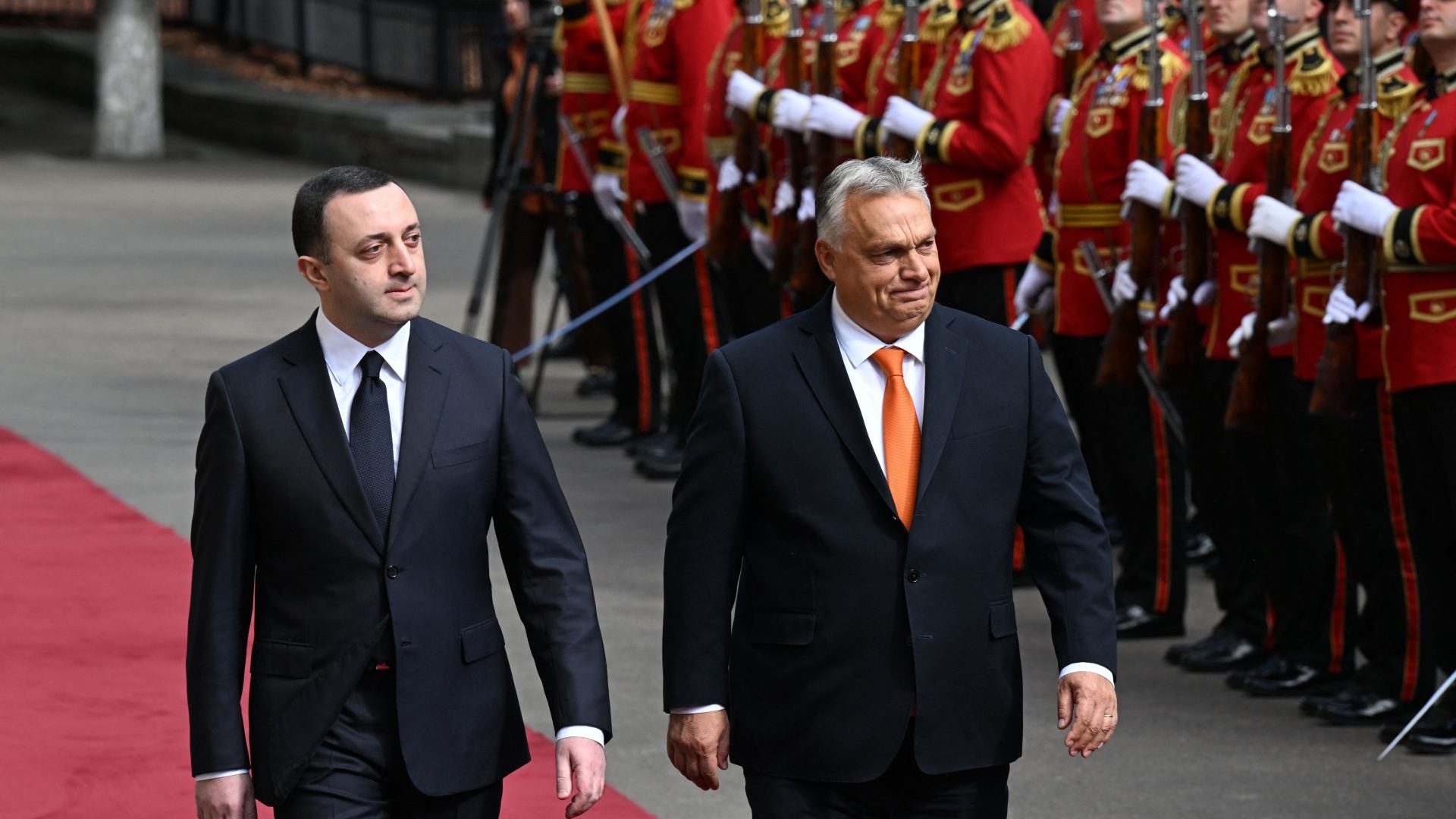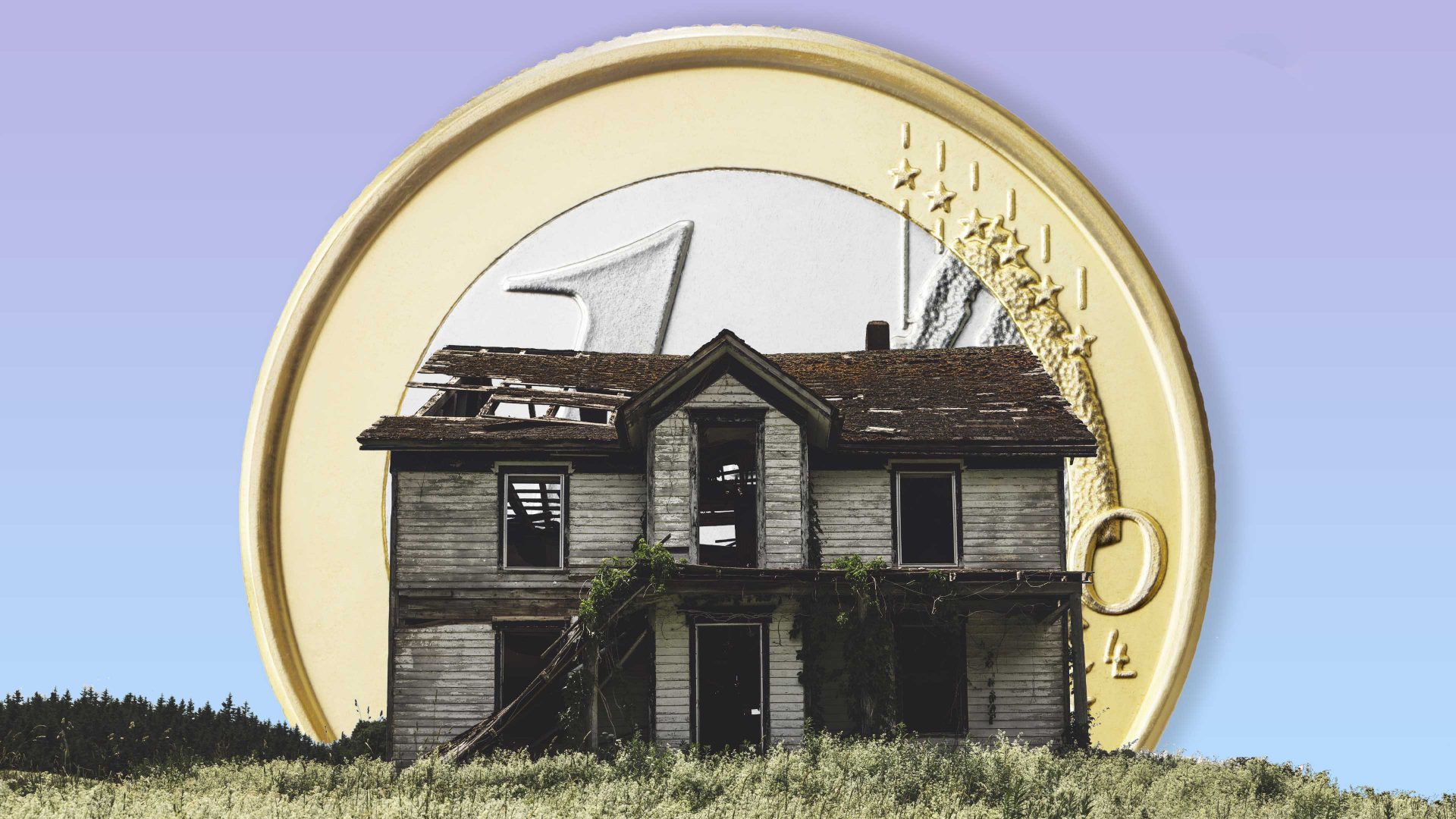After the explosion at the Al-Ahli Baptist Hospital in Gaza, anti-Israel protests erupted across Turkey. The majority of Turkish media placed blame on Israel and the major parties in the Turkish parliament condemned the hospital massacre. Turkey also declared a 3-day national mourning period.
There were protests near both the Israeli embassy in Ankara and the Israeli consulate in Istanbul. These demonstrations turned violent. One protester was killed and 60 injured. At a protest in Muş, in the south east, protesters burned effigies of Joe Biden and Benjamin Netanyahu. Israel advised its citizens to leave Turkey.
Alvaremoz, a media website run by Jews from Turkey, has issued warnings about rising antisemitism. Following fake posts on social media claiming that Turkish Jewish citizens would be volunteering for the IDF, the Turkish Islamist media swiftly targeted the Jewish community, labelling them as “Zionists” and calling for their expulsion.
President Recep Tayyip Erdoğan had at one point offered to mediate the situation, given Turkey’s historical ties with both Israel and Palestine. Turkey was the first Muslim-majority nation to recognise Israel in 1949.
But during Erdoğan’s tenure, Turkey has increased its support of Hamas, through diplomatic, logistical and financial assistance. Turkish-Israeli relations soured after the 2008-2009 Gaza War and fell even further when nine Turkish activists were killed by the IDF in an attempt to transport aid to Gaza by sea. Turkish-Israeli relations were restored in 2022.
Which is appropriate, as the history of Turkish-Jewish relations is strong. The Ottoman Empire welcomed Jewish refugees expelled from Spain in 1492, leading to a significant Ladino-speaking community within the empire. Today, Istanbul has a Jewish newspaper called Şalom aimed at preserving the Ladino language. Turkey has the largest Jewish community in the Muslim world with 14,000 people, primarily in Istanbul and İzmir. Notably, even the founder of Israel, David Ben-Gurion, and the longest-serving President of Israel, Yitzhak Ben-Zvi, studied at Istanbul University’s Faculty of Law together.
Nowadays, Turks are strongly pro-Palestine – the Islamists chant pro-Hamas slogans, while leftists chant the slogans of the Popular Front for the Liberation of Palestine. At recent demonstrations, police have set up barriers between these very disparate groups, even though both support the same cause.
And yet there are still influential voices that resist full Turkish engagement with the Palestinian cause. Ümit Özdağ, the leader of the far-right anti-immigration Victory Party, criticised Israel’s actions, while asserting that the “Palestinian cause is an Arab cause” and that Turkey should not involve itself. Many social media users also fear another wave of refugees from Palestine – Turkey already hosts four million refugees, mostly Syrians.
In Istanbul now, there are pro-Palestine stickers on lampposts and posters on the walls. On one occasion, I encountered a street vendor who was offering books on Palestine, Israel, and Jerusalem. In a progressive neighbourhood, I went to a leftist demonstration. Despite attempts by some Islamist media outlets to frame these protests as a display of “Islamist unity,” that demonstration went under the slogan: “No passage for either Zionism nor Sharia!”
Turkish leftists had been involved in the Palestinian cause for decades. Notably, Deniz Gezmiş, a prominent figure in the Turkish left, who was executed at the age of 25 in 1972, had visited a guerrilla camp of the Democratic Front for the Liberation of Palestine (DFLP) in 1969.
The socialist protestors I spoke to were careful to say that their secular stance meant they definitely did not support Hamas or Hezbollah, or promote anti-Semitism. They added that they do not really want to be seen protesting alongside the Islamists.
I asked whether they thought the Erdoğan administration’s support for Gaza and Palestine was genuine. They responded that for President Erdoğan to show his support for Palestine, he should cease all trade with Israel.
When asked about their views on the Israeli-Palestinian conflict, they argued in favour of a one-state solution, where Jews and Arabs coexist within a secular democratic state.



